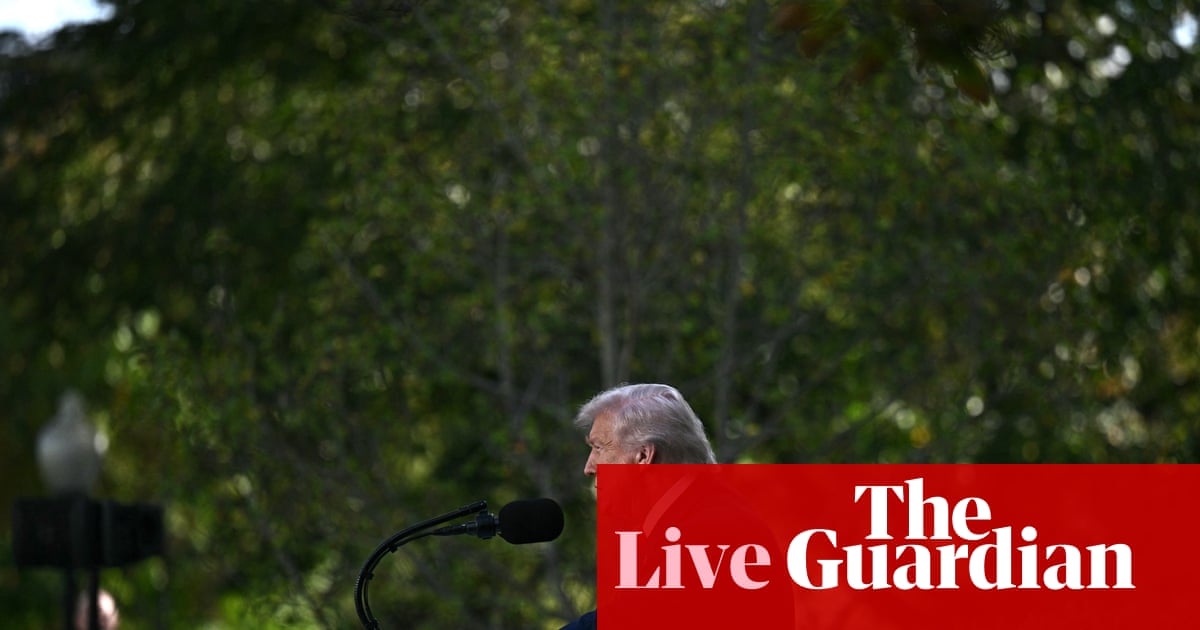By Melanie Burton
SYDNEY (Reuters) -Donald Trump's backing of Australia's critical minerals will bring much-needed financial support to the industry, but experts say the U.S. president will have to wait longer to shift the supply chain away from China and weaken its market dominance.
In a wide-ranging agreement signed on Monday, U.S. and Australia committed a combined $3 billion to mining and processing projects, and to a price floor for critical minerals, a step long sought by Western miners. The countries will also sign off on financing that includes offtake rights.
The White House said U.S. investments into Australia would unlock deposits of critical minerals worth $53 billion, without offering many details.
Trump said in a year they would have "so much critical mineral and rare earths that you won't know what to do with them."
"They will be worth about $2," Trump told reporters in a news conference later.
Global mining industry experts gathered at a conference in Sydney on Tuesday welcomed the news, which they said would open up investment opportunities, but they were sceptical of Trump's time horizon.
"The time frame for various projects to be ready even for 2027 would be heroic, and unachievable in the case of many projects," Barrenjoey analyst Dan Morgan told Reuters.
"In general in the rare earths industry nothing can happen quickly. I don’t think we are going to be swamped with supply growth and there’s no way we will be swamped in a year. We might have supply growth in 5-7 years," he said.
China accounts for 90% of the world's refining capacity for rare earths which have crucial uses in sectors such as clean energy, defence and automobiles. In a note on Monday flagging risks of supply disruptions, Goldman Sachs noted China also controls 69% of global rare earth mining, and 98% of magnet manufacturing.
While rare earths are common in the Earth's crust, China has mastered the technically difficult and environmentally-harmful refining process, comparatively cheaply.
With trade tensions and security concerns rising, the U.S. and its Western allies have been looking to loosen China's grip. In April and May, Beijing squeezed global automakers with export curbs on a range of rare earths items and related magnets, and earlier this month expanded its export controls.
Benchmark prices in China for the most popular type of processed rare earths, NdPr oxide rallied by 40% to $88 a kilogram in August, after several years of weakness.
They have since tailed back to $71, but western world developers are calling for governments to support a higher floor price that will enable them to build production.

 German (DE)
German (DE)  English (US)
English (US)  Spanish (ES)
Spanish (ES)  French (FR)
French (FR)  Hindi (IN)
Hindi (IN)  Italian (IT)
Italian (IT)  Russian (RU)
Russian (RU) 






















Comments